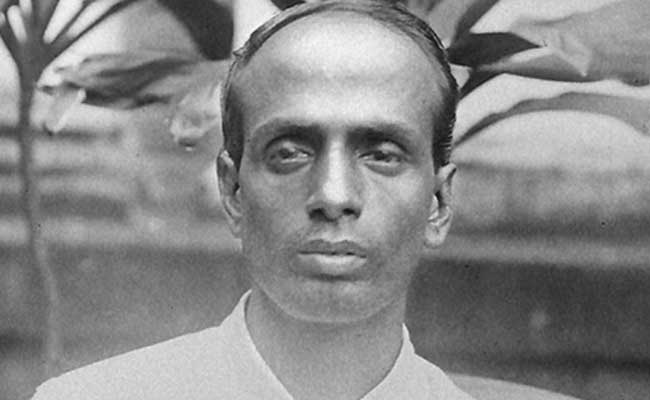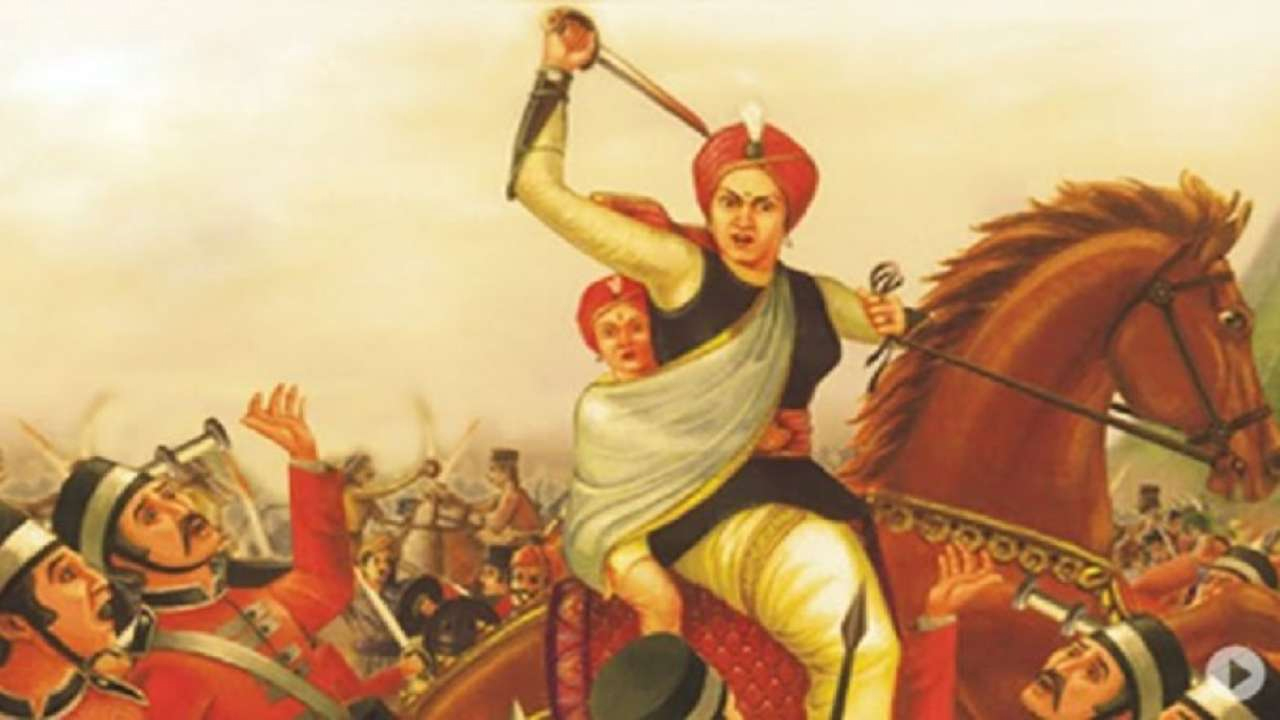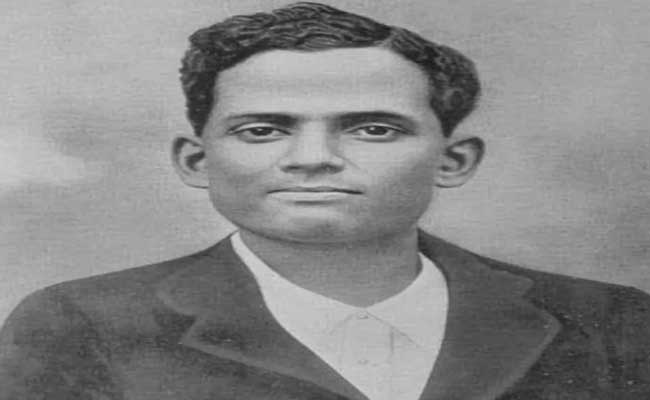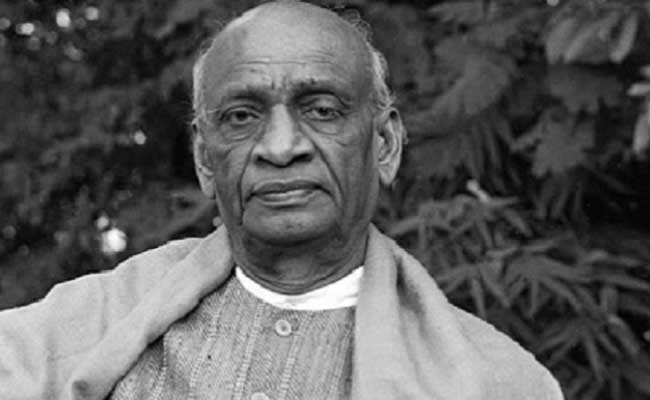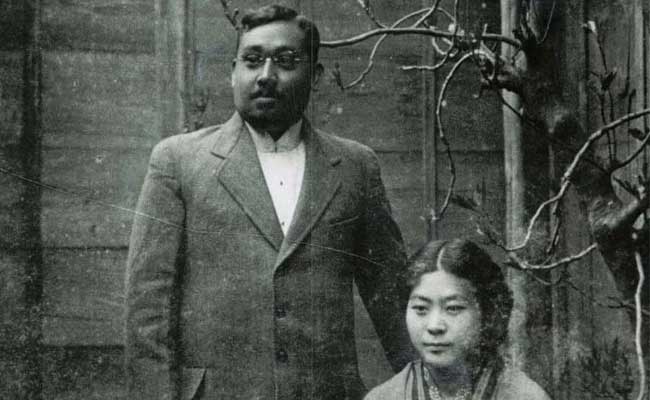Master Da Surya Sen: The Revolutionary Leader Who Fought for India’s Freedom
India has a rich history of revolutionary leaders who have fought for the country’s freedom and independence from foreign rule. Among these leaders, one name that stands out is Master Da Surya Sen. He was a brave and visionary leader who fought against British imperialism and inspired a generation of freedom fighters.
Early Life and Education
Master Da Surya Sen was born on March 22, 1894, in Noapara, a small village in Chittagong district of present-day Bangladesh. He was the son of a school teacher and received his early education in Noapara. He later moved to Chittagong to pursue higher education and completed his Bachelor’s degree in Arts from Chittagong College in 1916.
During his college days, Surya Sen was deeply influenced by the Indian freedom movement and became actively involved in revolutionary activities. He was a member of the Anushilan Samiti, a revolutionary group that aimed to overthrow British rule in India.
Revolutionary Activities
In 1918, Surya Sen became the president of the Chittagong branch of the Anushilan Samiti. He organized secret meetings and recruited young men and women to join the revolutionary movement. His aim was to create a strong and dedicated group of revolutionaries who would fight for India’s freedom.
In 1923, Surya Sen led a group of revolutionaries in an attack on the Chittagong armoury, which was a major British stronghold. The group, consisting of about 65 revolutionaries, was armed with guns, bombs, and other weapons. They managed to take control of the armoury and looted the weapons and ammunition.
The revolutionaries then hoisted the Indian flag and declared the establishment of a provisional revolutionary government. However, the British authorities soon learned of the attack and launched a massive manhunt to capture the revolutionaries.
Surya Sen and his comrades managed to evade the British for several months, but they were eventually caught. Surya Sen was arrested on February 16, 1933, and was subjected to brutal torture and interrogation. Despite the torture, he refused to reveal the names of his comrades and remained steadfast in his commitment to the cause of Indian freedom.
Trial and Execution
Surya Sen and his comrades were put on trial by the British authorities. The trial was a sham, and the revolutionaries were denied a fair hearing. Surya Sen was charged with sedition, conspiracy, and waging war against the British Empire.
Despite the lack of evidence, Surya Sen and his comrades were found guilty and were sentenced to death. On January 12, 1934, Surya Sen was hanged to death along with eight of his comrades. Their bodies were buried in unmarked graves, and their families were not allowed to perform their last rites.
Legacy
Master Da Surya Sen’s sacrifice and commitment to the cause of Indian freedom inspired a generation of freedom fighters. He was a visionary leader who believed in the power of education and the need for a strong and dedicated group of revolutionaries.
His legacy lives on today, and he is remembered as a hero who fought for the rights and freedoms of the Indian people. He is a symbol of the courage and determination of the Indian people in their struggle for independence.
Conclusion
Master Da Surya Sen was a revolutionary leader who dedicated his life to the cause of Indian freedom. He was a brave and visionary leader who inspired a generation of freedom fighters. His sacrifice and commitment to the cause of Indian freedom will never be forgotten, and he will always be remembered as a hero who fought for the rights and freedoms of the Indian people.
![]()

